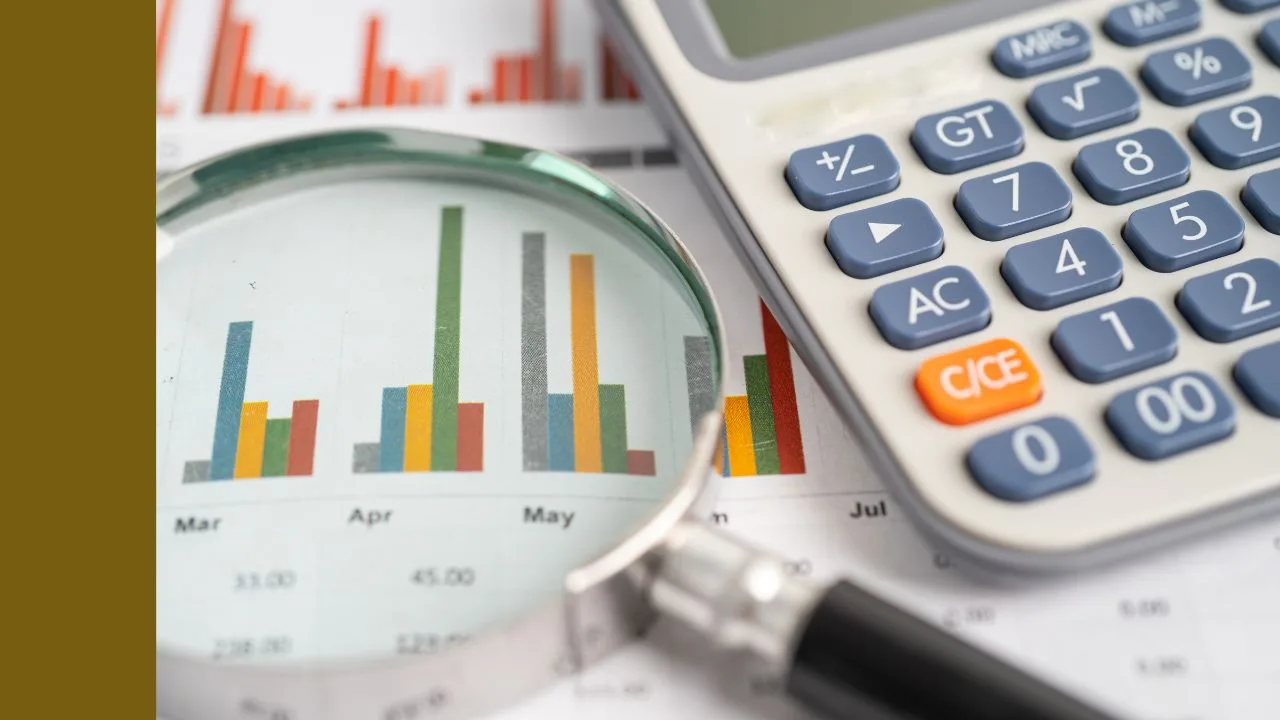Market timing
is a seductive idea – theoretically appealing and wonderful in hindsight. But it works poorly in practice – for most people most of the time.
Below are four reasons why trying to time the market will most likely detract from your returns over time.
1. Base Rate
Bad things happen infrequently. If you’re predicting them, your starting point should be that you’re far more likely to be wrong than right. Since 1950 there have been five bear markets in the US, and the S&P has been in a bear market for 8% of the time. Knowing nothing else, if you are expecting a bear market you’re 12x more likely to be wrong than right.
2. Small Sample Size
Well, you say, we don’t “know nothing”, we have lots of market and economic statistics to base a view on. However, with only five bear markets in 68 years the sample size is simply too small to build predictive models of any validity. Financial systems are complex and intertwined and there is rarely a simple cause-effect relationship between two variables. No two bear markets look the same.
3. Compound Probabilities
Patrick Hodgens of Firetrail recently noted that successful market timing requires a demanding degree of precision – you must pick the market tops or bottoms to within a month. But it is even more demanding than this – you must pick the tops AND the bottoms.
You can pick the top correctly but be too early or too late at the bottom and the strategy fails. Consider this – if you are really, really good you will, for argument’s sake, get each of these calls right two-thirds of the time.
But, over a cycle, you have to get two calls right. This is the notion of compound probabilities and the maths is not encouraging – two-thirds x two-thirds = 44%. Many of the hedge and macro funds that got the GFC right have fared poorly since.
4. Psychology
If you’ve been on the right side of a bear market the psychological forces preventing you from getting the second decision right, reinvesting, are immense.
Firstly, at the bottom of the market everything you read and everyone you talk to will be reflecting the prevailing mood and predicting the end of the world. Just think back to what you were reading and conversations you were having in March 2009. If you have been bearish and right this makes reversing course in the depths of the crisis extremely difficult.
Secondly, if you have been bearish and right and watched other people’s balance sheets and investing careers go up in smoke it is tempting to feel rather smug. Your newfound status as investment legend and weekly CNBC guest host may encourage a degree of hubris in even the most temperamentally balanced investors.
You get complacent and miss the market bottom by a couple of months. Buying when the market’s up 30% feels plain wrong, so you sit it out – ouch.
Thirdly, your esteemed reputation for having predicted the last crisis makes you the first phone call when journalists want help predicting the next one. As The Economist recently put it, “looking on the bright side does not have the same intellectual cachet as forecasting calamity”. You talk yourself into being a perma-bear.
Defending Against The Inevitable But Unpredictable
Being unable to predict bear markets doesn’t mean you shouldn’t be prepared for them. Certain types of companies suffer permanent wealth destruction in a bear market.
Our approach – don’t own businesses that you wouldn’t be comfortable owning through an economic or market crisis – period. At Aoris we won’t invest in highly geared businesses, banks, insurers, energy or mining companies – ever. We keep it simple and own all-weather businesses with all-weather balance sheets.
This article was written by Stephen Arnold, CFA, founder and Chief Investment Officer of Aoris Investment Management. Click here to download Stephen’s free Owner’s Manual.











